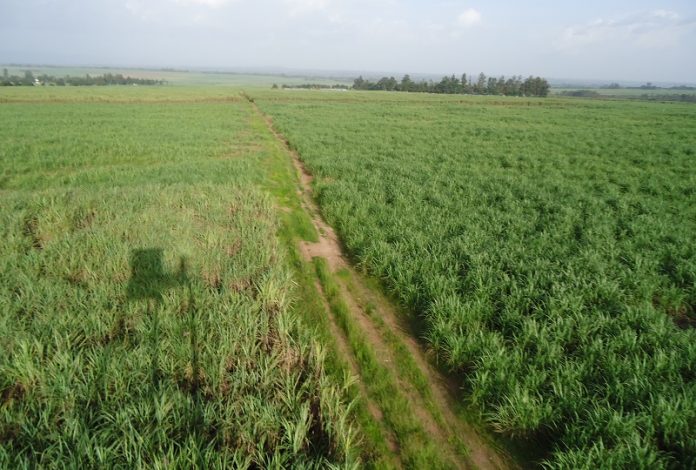The Agriculture and Food Authority (AFA), the industry regulator in Kenya, has asked sugar cane millers to suspend their operations for four months.
Milling operations in the Western and Nyando regions are to temporarily cease “with immediate effect…to allow sugar cane to mature.”
According to AFA, milling operations are currently operating at less than 25% of their installed capacity, leading to a significant decline in sugar production over the last six months.
This is due to a lack of investment in cane development by millers, uncontrolled cane harvesting outside respective catchment zones, unregulated cane collection centres, and non-adherence to proper cane husbandry by farmers due to a lack of access to adequate financing.
Despite this situation, milling operations in the Southern region will continue without interruption due to the availability of mature cane. During this time, the AFA will conduct a sugarcane census to determine the actual cane situation and all millers are expected to undertake cane development to ensure an adequate supply of raw materials.
Update from the sugar cane belt in Western Kenya. "all millers ordered to close for a period of 4 months" https://t.co/htPVXIw1Ht https://t.co/1Fxmn3kjZz pic.twitter.com/24aSqi5Iem
— David Indeje 🇰🇪 ( He/Him/His) (@David_Indeje) July 18, 2023
Kenya’s sugar mills consist of a mix of public and private facilities, with 16 operational mills, 12 of which are privately owned and operated. Production is dominated by privately owned sugar millers led by West Kenya Sugar Company, which has a 30.1% market share.
Sukari factory at 21.4%, Butali Sugar mills at 17.7%, Transmara sugar at 5.2%, Nzoia sugar at 5%, south Nyanza Sugar at 4.4%, Muhoroni Sugar at 3.7%, Mumias Sugar at 1.9% and Chemelil Sugar at 1.1%.
A report by the USDA Foreign Agricultural Service, Kenya’s sugar production is expected to decline in MY 2023/24 to 650,000 metric tons (MT) due to lower area harvested as Kenya farmers prematurely harvest sugar cane in MY 2022/23 to meet Kenya’s increasing milling demand.
Data from the Sugar Directorate found that in April, millers produced 405,389 tonnes, down from 546,150 tonnes in March and 716,274 in February, a 36% drop in production.
Retail sugar prices in June 2023 averaged Ksh 204.76 per kilo, up from Ksh 194 per kilo in May.
“Quite in tandem with the continued trend in global prices, sugar and rice prices increased by 58% and 15.8% year-on-year, respectively. The output of sugar has gone down both locally and globally,” noted NCBA Bank Market Research.
To meet the deficit, Kenya imports from COMESA countries. COMESA countries can currently export up to 282,000 MT duty-free to Kenya under a safeguard mechanism until September 2023.
Globally, the FAO Sugar Price Index averaged 152.2 points in June, marking a 3.2% decrease from May. Despite the decline, international sugar quotations remained 29.7% above their levels in the same month last year. The decline was mainly due to the good progress of the 2023/24 sugarcane harvest in Brazil and a sluggish global import demand.




